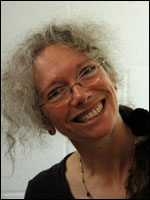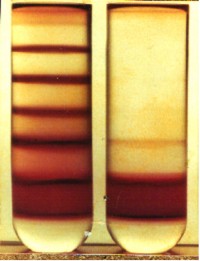“I see no other escape from this dilemma (lest our true aim be lost forever) than that some of us should venture to embark on a synthesis of facts and theories, albeit with second hand and incomplete knowledge of some of them—and at the risk of making fools of ourselves.”
— Erwin Schrödinger
Andrew and I are currently battling to write a Primer for PLoS Biology. Primers are short, informal pieces that put a forthcoming paper into context. (In our case, it’s a difficult to penetrate forthcoming paper, which is a Herculean mix of simple and complex mathematical models, in vitro ecological experiments, and whole genome sequencing.) When he asked me about writing this piece with him, Andrew pointed out “You don’t need more papers like this on your cv”.
He’s right. My cv is a near even split of original research and reviews / opinions. Looking at just my first author publications, original research accounts for only 40% of them.
Over the course of applying for fellowships and jobs, I’ve worried about this. A reviewer of my failed NERC fellowship application stated that he’d like to see my “big picture thinking rebalanced into more original outputs”. It’s worth noting here, though, that these comments didn’t keep me from being interviewed and aren’t the reason that I didn’t get the fellowship. Indeed, during the interview I wasn’t even asked about this aspect of my publication record. Shame, since I had prepared a nice justification of it: science is about both discovery and synthesis. What good are a bunch of independent discoveries if no one weaves them together into a bigger picture?
But careers in science aren’t generally built on being enthusiastic about other people’s research over doing one’s own. At least, I don’t think they are. (Are they?!) So, this is something that I still worry I will have to defend at some point in the future.
The only discovery I seem to be making is that I don’t really have a flair for discovery. Hopefully I’ll have a flair for picking students who do.


 Today,
Today, 
